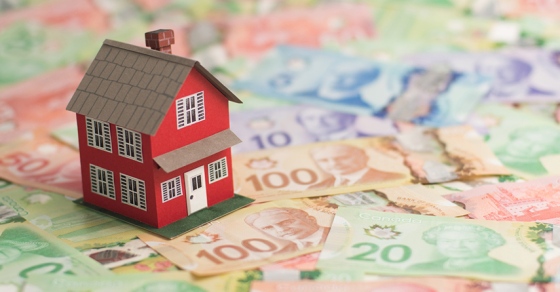When entering today’s red hot real estate market, it’s easy to feel excited by the prospect of how much your home will grow in value in ten, five or even just two years. We’ve all heard stories of people who have bought a home for $400,000, only to sell it just a few years later for 50% more than what they paid.
While the prospect is exciting, it’s important to keep in mind that in Canada, 50% of capital gains are taxed. This is good news for those who own a single primary residence, but understandably an unfortunate factor for those who are looking to invest in more than one property at a time.
To put it simply, capital gains are the increase in the value of an investment – this term can be used when it comes to stocks, shares, exchange traded funds and in this case – real estate. A capital gain can be realized or unrealized, meaning that you either received this gain as a result of selling your investment, or your investment increased in value, but you did not sell it.
In the context of real estate, you do not have to pay capital gains on the sale of your primary residence. That means that if you bought your primary residence for $400,000 and sold it for $600,000, that $200,000 capital gain is yours to keep.
However, if you currently have a primary residence and purchased an additional home as an investment property, 50% of the value of any capital gains on the additional home will be taxable. This 50% in capital gains will be added to your annual income, meaning that the additional tax you pay that year will vary depending on how much you earned in a year.
Let’s say that the same $400,000 home that sold for $600,000 was your investment property and not your primary residence. 50% of the $200,000 you earned on it is $100,000 – which will be added to your annual taxable earnings. So if you earned $120,000 that year as a salary (with no other income sources), your taxable income for the year would now be $220,000.
While this can be disheartening for many, note that you can offset your capital gains for the year with any capital losses you had that year (realized or unrealized), until you reach zero. If you only have capital losses in a given year, the Canada Revenue Agency will allow you to offset a capital gain that you declared in the previous 3 years. You can also carry a capital loss forward into the future.
More questions about how capital gains work on property sales? Give us a call today at 613-228-3888.

